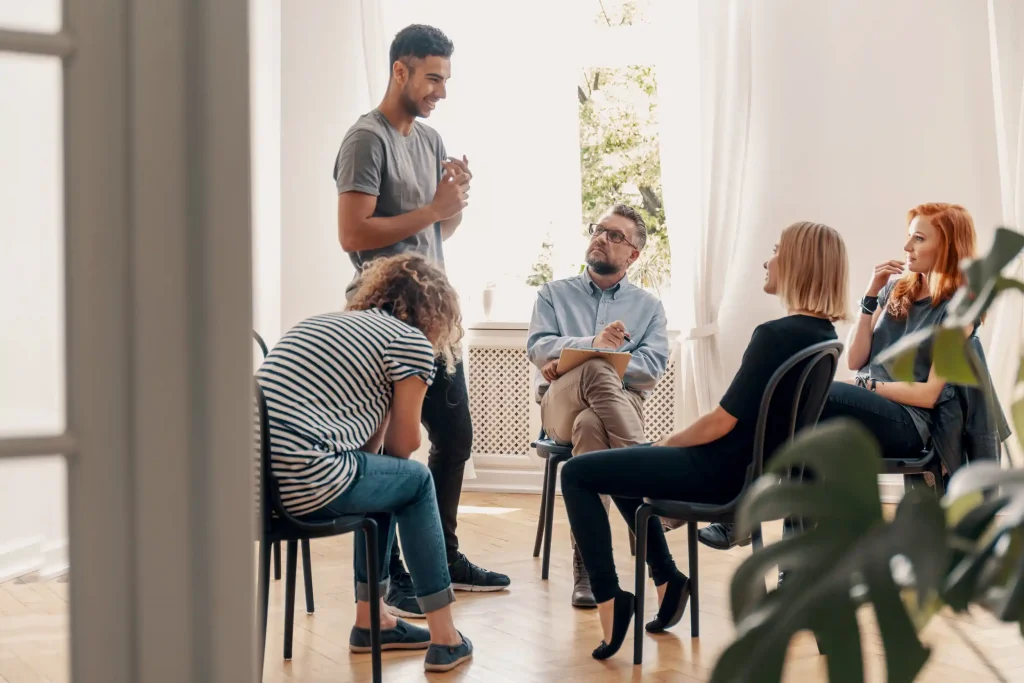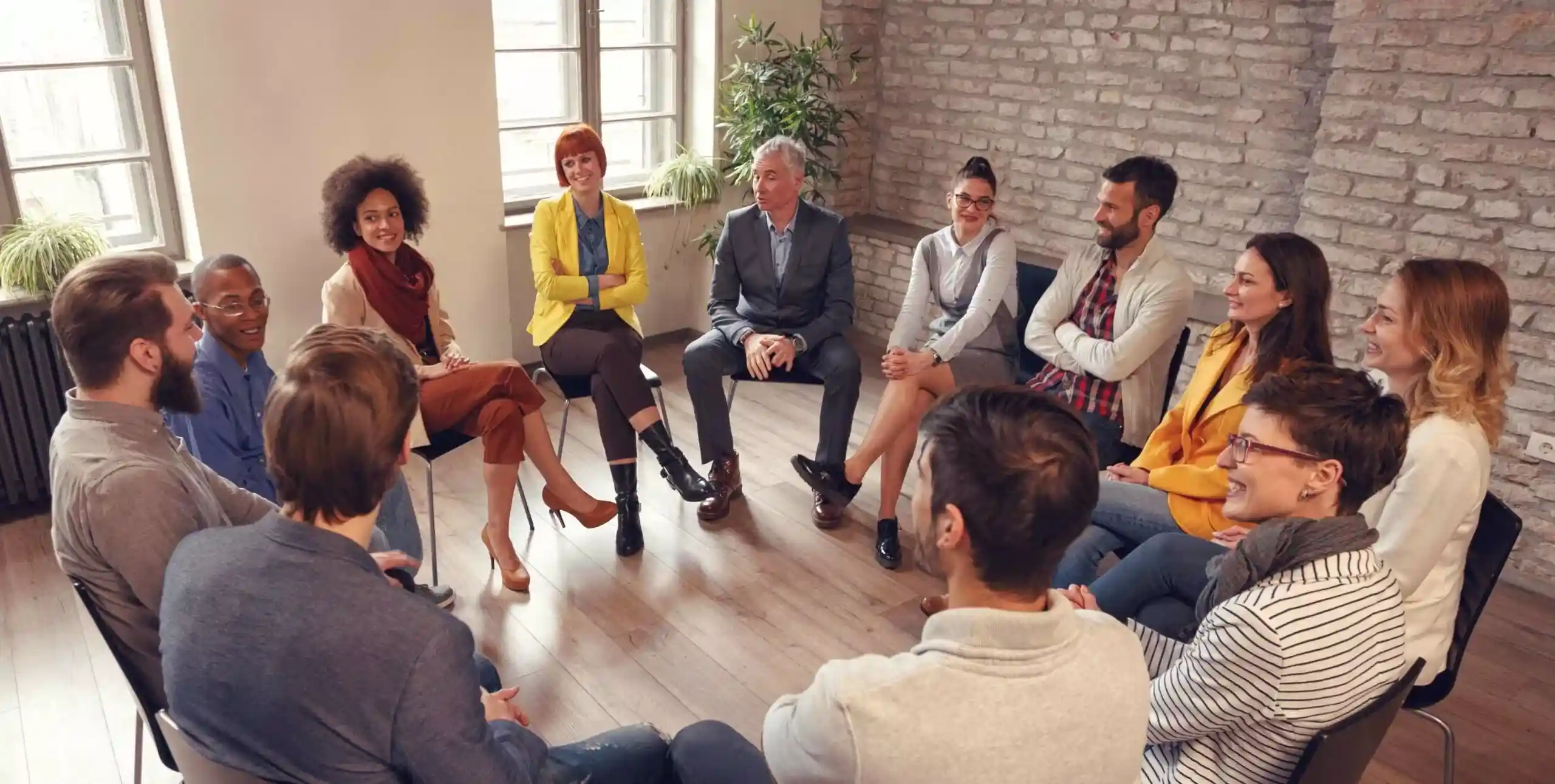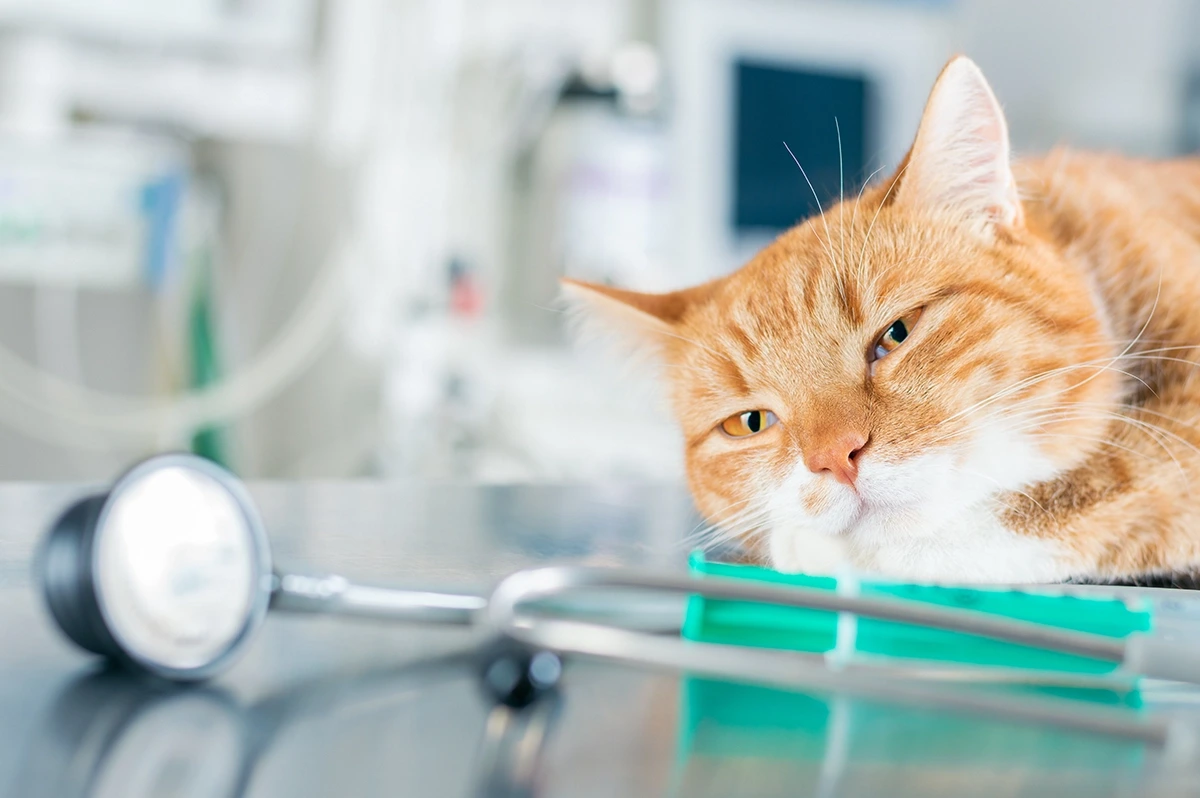Crafting stands out as a potent tool in therapeutic interventions, especially in peer support for individuals in recovery. The art-making process enables self-expression and nurtures connections among those on similar journeys. By delving into the fusion of creativity and healing within a supportive group setting, participants access a wealth of shared experiences and mutual understanding. Crafting’s impact on peer support during recovery showcases a realm where creativity acts as a catalyst for resilience and personal development, showcasing the transformative power of this innovative approach.
Key Takeaways
- Crafts promote mindfulness and reduce stress, aiding in recovery.
- Crafting in peer support settings fosters connections and empathy.
- Creating art in a supportive group enhances the healing process.
- Peer support in crafting offers encouragement and celebrates progress.
- Sharing creative work builds a sense of belonging and support network.
The Importance of Peer Support
The importance of peer support in recovery cannot be overstated, as it plays a pivotal role in fostering a sense of community and understanding among individuals facing similar challenges. Sharing experiences, offering empathy, and providing encouragement are essential components of peer support. Knowing that others are on a similar journey can bring comfort and motivation, creating a supportive environment where individuals feel understood and accepted.

Benefits of Crafting in Recovery
Crafting offers individuals in recovery a creative outlet for self-expression and emotional healing, fostering a sense of accomplishment and empowerment. Engaging in crafting activities can promote mindfulness, reduce stress, and increase self-esteem. Through the process of creating something tangible, individuals often find solace and a way to communicate their innermost feelings, aiding in their journey towards healing and self-discovery.
Building Connections Through Art
By engaging in artistic endeavors, individuals in recovery can forge meaningful connections and foster a sense of community and understanding with others on similar journeys towards healing. Art provides a platform for expression, enabling individuals to communicate their emotions and experiences non-verbally. Through shared creative activities, bonds are formed, empathy is cultivated, and a supportive network emerges, enhancing the recovery process through mutual understanding and encouragement.
Peer Support Activities in Crafting
Engaging in crafting activities within a peer support setting offers individuals in recovery a unique avenue for fostering connections and mutual understanding on their healing journey. Crafting together creates a safe space where participants can share experiences, offer encouragement, and celebrate each other’s progress. Through collaborative projects, individuals in recovery not only develop new skills but also build a strong support network that is essential for sustained healing and growth.
Nurturing Recovery Through Creativity
Utilizing creative outlets as a means of nurturing recovery offers individuals in the healing process a powerful tool for self-expression and personal growth.
- Engaging in artistic activities fosters mindfulness and reduces stress.
- Creating art can help process emotions and trauma in a non-verbal way.
- Crafting provides a sense of accomplishment and boosts self-esteem.
- Sharing creative work within a supportive community enhances feelings of connection and belonging.
Frequently Asked Questions
How Can Crafting Help Individuals in Recovery Build Self-Esteem?
Crafting promotes self-expression and accomplishment, fostering a sense of pride and purpose in individuals in recovery. By creating tangible pieces, they build confidence and self-worth, reinforcing their abilities and strengths on the path to healing.
What Types of Crafts Are Beneficial for Peer Support in Recovery?
Crafts that promote collaboration and creativity, such as group painting projects, collaborative murals, or community-based crafting initiatives, can be highly beneficial for peer support in recovery. Engaging in these activities fosters connection and mutual encouragement.
Can Crafting Activities Improve Communication Skills in Peer Support Groups?
Crafting activities have been shown to improve communication skills in peer support groups. Engaging in creative tasks fosters collaboration, empathy, and active listening. Crafting provides a non-verbal outlet that can enhance connection and understanding among group members.
How Can Peer Support Through Crafting Aid in Reducing Stress and Anxiety?
Peer support through crafting provides a creative outlet for individuals to express emotions, fostering a sense of community and belonging. Engaging in crafting activities together can promote relaxation, mindfulness, and distraction, ultimately aiding in reducing stress and anxiety levels.
Are There Specific Crafting Techniques That Promote Mindfulness in Recovery?
Mindfulness in recovery can be facilitated through crafting techniques like knitting, coloring, or pottery. Engaging in these activities encourages focus on the present moment, promotes relaxation, and enhances self-awareness, aiding in the recovery process.
Conclusion
To sum up, the therapeutic advantages of crafts in enhancing peer support in recovery are profound. By engaging in creative activities within a supportive peer setting, individuals can foster a sense of community, understanding, and encouragement. Crafting provides a platform for self-expression, mindfulness, stress reduction, and self-esteem boosting. Through sharing experiences and celebrating progress together, participants can nurture personal growth and healing within a supportive network.
Also Read: Beautifully Crafted: Using Pottery to Elevate Food Presentation at Your Next Event



